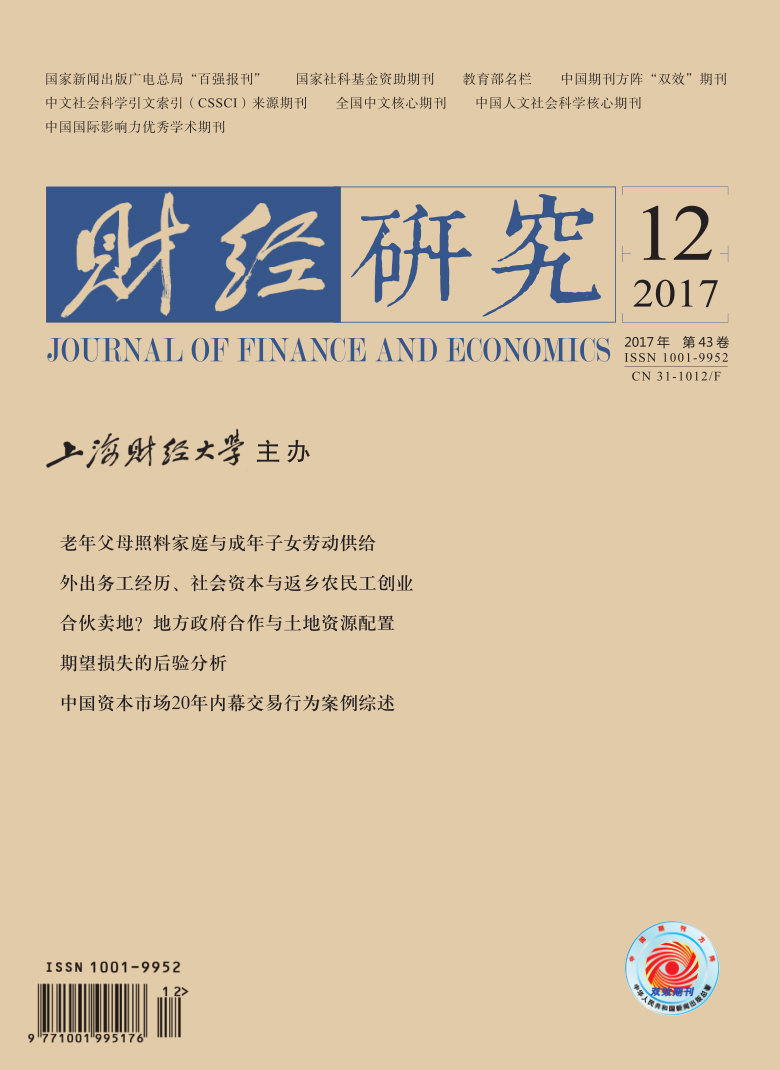Extant studies on firm investment decision-making generally consider firm own stock prices and fundamental factors. However, in the market, a phenomenon has usually been observed that one firm's abnormal fluctuations in stock price have an impact on other related firms' investment decisions, demonstrating the ripple effect of stock prices.
By using signaling theory, this paper firstly examines the existence of the ripple effect of stock prices in Chinese capital market, namely whether firm investment decisions are influenced by peer firms' stock prices. Secondly this paper explores the mechanism of ripple effect of stock prices motivated by social learning theory and investigates the influence of information environment on the ripple effect from the perspective of information sending end. Furthermore, we investigate what characteristics may be easily affected by ripple effect from the perspective of information receiving end. By using the sample of A-share listed companies in China from 2007 to 2014, this paper empirically studies the existence and internal mechanism of ripple effect of stock prices by means of least square method and instrumental variable method.
It comes to the following conclusions:firstly, firm investment decision is not only affected by its stock price, but also by the stock prices of peer firms, namely, there is ripple effect of stock prices. Secondly, ripple effect is mainly influenced by information environment. When peer firms have higher stock price informativeness, stronger information validity and more analyst coverage, ripple effect arising from stock price volatility is larger. Thirdly, when firms are located in the industries with higher capital intensity, in the area with lower marketization and with larger size, firm investment decisions are more sensitive to ripple effect of peers' stock prices. These findings indicate that peer firms' stock prices can provide useful information for managers to make investment decisions, consistent with social learning theory and signaling theory.
These conclusions of this paper provide the enlightenment for firm investment decision-making and regulatory policy formulation. The firm management can learn information from factors like peer firm investment and stock prices to improve investment efficiency. As for regulators, the conclusion that the stock prices have the ripple effects in firm investment policy indicates that regulators can enhance the efficiency of market allocating resources through supervising information disclosure, improving corporate transparency and raising asset pricing efficiency.
This paper's contribution is twofold. First, it studies the ripple effect of Chinese capital market volatility of stock prices for the first time, demonstrates that abnormal changes in stock prices affect other related firms' investment decisions, and explores the underlying mechanism from perspectives of information sending and receiving ends. Second, it adds to the literature of the influence factors of firm investment decision-making by exploring factors which affect the ripple effect of stock prices in firm investment decision-making in Chinese institutional background and solving the endogeneity problem arising from reflection problem better by using instrumental variable method, thus improving the reliability of the empirical results and remedying shortcomings of extant research.





 11242
11242  8294
8294

